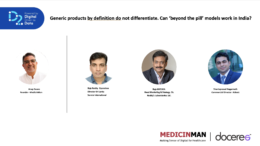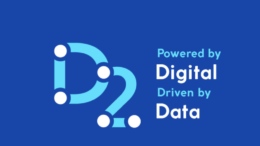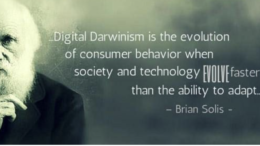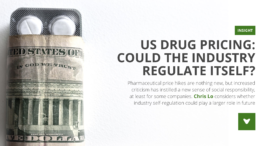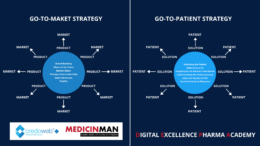The pill is now a commodity that many of these companies provide at heavy discounts, making money off everything ‘beyond the pill’. Investors are betting heavily on the potential of technological innovation to transform the way healthcare is delivered.
The Economic Times reported that in 2021, India recorded investments of $77 billion across 1,266 deals including 164 large deals worth $58 billion. While the money reduced in 2022, the reason wasn’t a lack of faith in this business model.
Meanwhile, the pharmaceuticals industry that is most affected by this quiet but rapid change, is grappling with its entrenched culture. Its current business is so profitable that everything else pales in comparison.
‘Build, measure, learn, build again’ – a mantra of the health tech industry is alien to pharma that doesn’t learn, build or measure after launching a product.
Pharma also thinks of its customers as doctors alone and does precious little to connect with patients, or caregivers. People who are not sick do not feature on their radar at all. These are cultural values that keep pharma focused on the pill and discourage thinking beyond it.
A social media poll conducted by MedicinMan showed almost predictable responses. 100+ respondents who work in the pharma industry in India were quite clearly divided. 48% of them wanted to know what beyond the pill actually meant, while 23% wanted to know how to execute it.
The rest felt that the ultra-competitive environment in the Indian generics market required very high share-of-voice tactics (19%), or that their customers demanded product information (9%).



